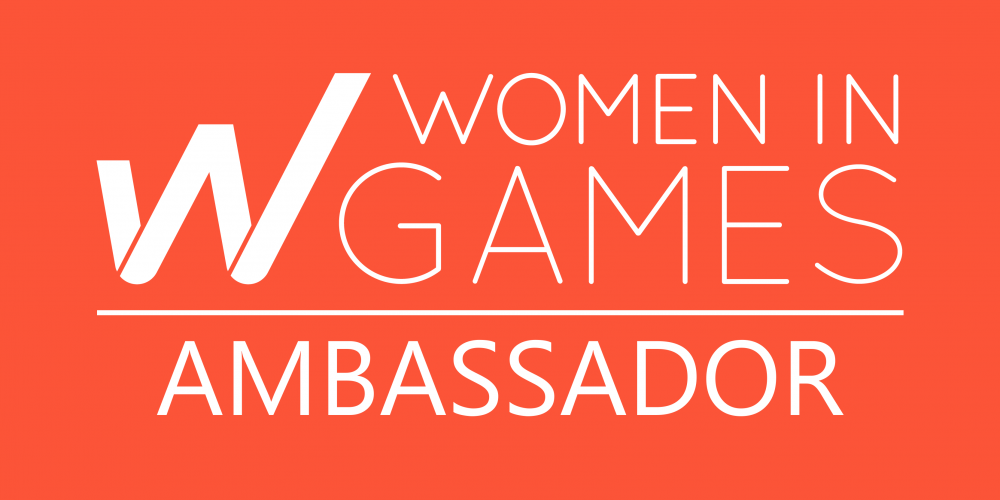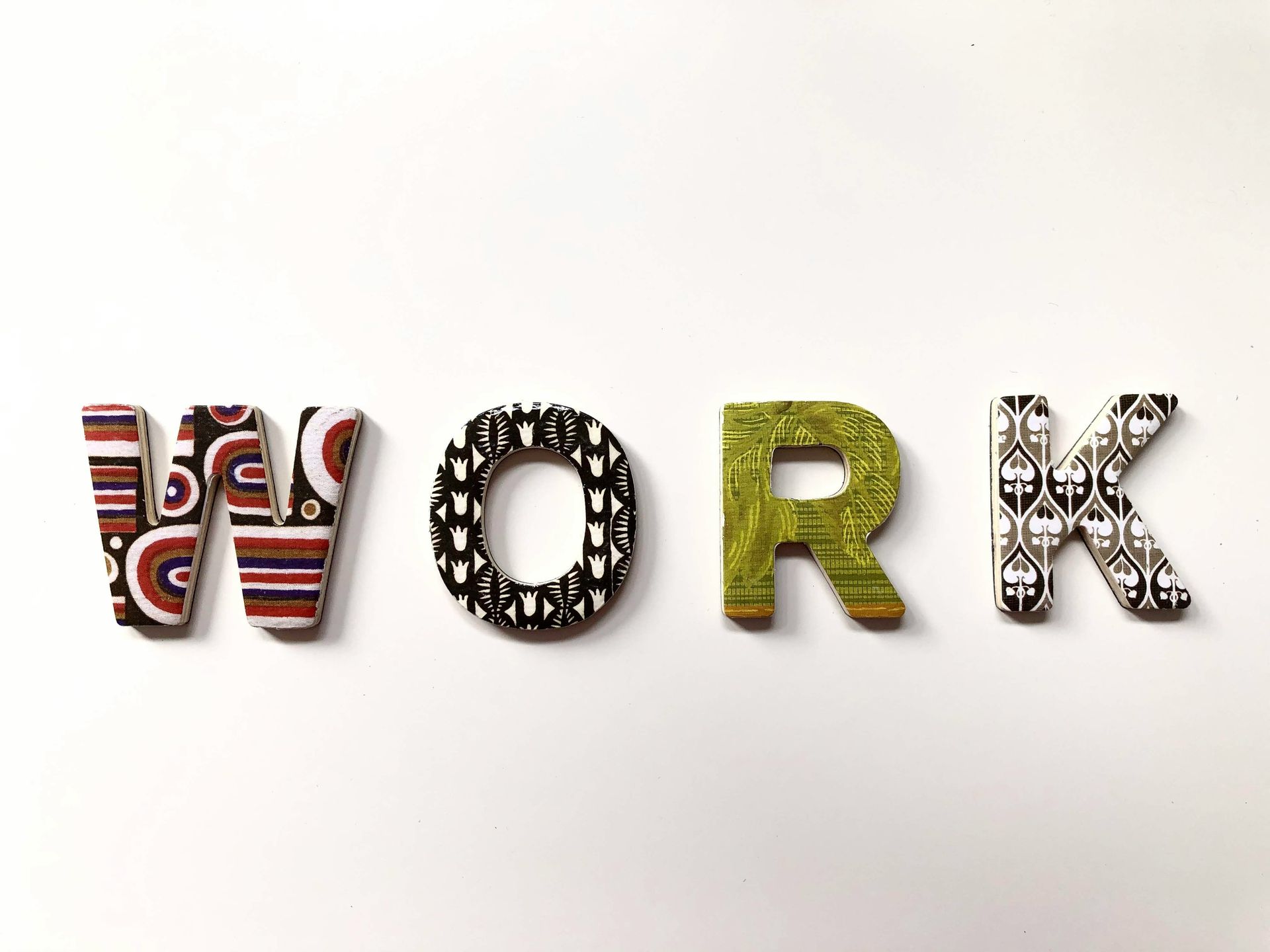By Liz Prince
•
March 13, 2025
The UK slips from 17th to 18th in PwC’s Women in Work Index, down from 10th in 2020 - the steepest post-pandemic decline amongst OECD countries - with Iceland, New Zealand and Luxembourg the best performing. Scotland is the UK’s top performing region for the second year in a row. Despite marginal improvements in gender pay gap and high female labour participation, the UK's overall ranking fell due to worsening unemployment and a widening participation gap. The UK fell to second among G7 countries, and now sits behind Canada. At the UK’s current rate of progress, it will take 33 years to close the gender pay gap. Productivity gains through increased female participation from 2011 to 2023, measured by GDP per hour worked, boosted UK GDP on average by 0.3% a year, resulting in a total annual GDP increase of US$7.8bn (£6.2bn). The UK has dropped to its lowest ranking among the 33 OECD countries in over a decade, despite an overall improved score year-on-year, according to PwC’s latest annual Women in Work Index. The report, which looks at progress made towards achieving gender equality at work, showed that in 2023 (the latest result), the UK had a female labour force participation rate of 74.80%, compared to 72.70% and 71.69% in the OECD (the Organisation for Economic Co-Operation and Development) and G7, respectively. The G7 had the weakest performance, with its 2023 participation figure now only just aligning with that of the UK’s in 2014. The UK’s Index Performance In-Depth The UK's performance in the Women in Work Index has varied since its inception in 2011, averaging 16th place over the years since. It peaked at 10th in 2020, in large part due to the COVID-19 furlough scheme. The latest result is the lowest the UK has ranked in over a decade, when it ranked 19th in 2012. For the first time since 2019, the UK is no longer ranked number one among the G7 economies, and is now second behind Canada. The Women in Work Index assesses five indicators that make up the rankings. A deep dive into the UK’s performance against these indicators reveals that: Female Labour Force Participation: The UK's rate saw marginal improvement of less than 0.1%, and therefore remains at 74.8%, although still above the 72.7% OECD average. However, the OECD average increased by 0.7%, indicating stronger progress in other countries. Participation Rate Gap: The UK's female labour force participation rate gap, (the percentage difference between male and female participation rates) widened from 7.1% in 2022 to 7.8% in 2023, dropping the UK's rank from 13th to 19th place – however, this is still better than the OECD average of 8.8%. The UK participation gap has been consistently smaller than the OECD’s since 2011. However trends indicate other countries are beginning to catch up post-pandemic. Wage Gap: The average OECD gender pay gap has bee n lower than the UK every year between 2011 and 2023, except 2020 when factors such as job retention schemes temporarily improved the UK’s comparative position. In 2023, the UK improved its gender pay gap by 1.2% to 13.3%, closing the gap to just 0.2% shy of the OECD average. Nevertheless, the current rate means it will still take 33 years for the gender pay gap to close in the UK. Female Unemployment Rate: The UK's female unemployment rate marginally worsened, standing at 3.5% – 1.8% lower than the OECD average of 5.3%. Full-Time Employment Rate: The UK's female full-time employment rate is 68.9%, ranking 27th out of 33 OECD countries, and is significantly below the OECD average of 78.1%. Regional Inequalities In The UK Half of the UK regions (six out of 12) recorded improvements in their Index score year-on-year. Scotland placed first for the second year running, improving its female participation rate, and its wage gap narrowed significantly from 11.8% in 2022 to 8.3% in 2023. The North East was the most improved, moving up six places to fourth, due to much better female participation, lower unemployment, and wage gap improvements. Five regions experienced a deterioration, most notably in the East and East Midlands. Overall, the gap between the worst and best performing regions has widened, by approximately seven points year-on-year. The contributing factors for this have been the impact of slow regional growth in certain parts of the UK, and varying degrees of both implementation of the ‘Levelling Up’ agenda and proactive efforts of devolved governments in supporting female employment. Alia Qamar, economist at PwC UK, said: “While a fall in rank is never good news, it doesn't depict the whole story; the UK is improving its gender pay disparity, but at a slower pace than other countries. The sluggish progress compared to peers means long term the UK’s performance is consistently only just ahead of the OECD average, whereas other similar countries such as Ireland and Canada have shown impressive improvements in the post-pandemic era. This tepid progress means the ultimate end goal to close the gender pay gap remains a long way off, as on the UK’s current trajectory it will now take over three decades.” Gender Equality Boosts GDP Related PwC research identifies a positive link between female workplace participation and a country’s economic performance. Specific focus was given to analysing the impact of the female participation rate on increased productivity, and the resulting boost to productivity of OECD countries. The findings show a correlation between increased female participation and productivity and GDP growth across OECD countries from 2011 to 2023, leading to an annual increase of USD $0.19 in GDP per hour worked for the average OECD country. This translated into an average GDP boost of USD $4.5bn per OECD country a year. If progress toward full gender equality in the workplace were to continue at the same pace for the next five years, total productivity gains by 2030 could amount to $54.5bn (£43.5bn) in UK GDP, $31.6bn for the average OECD country and $105.5bn for the average G7. Phillippa O’Connor, Chief People Officer at PwC UK, said: "The positive link between gender equality in the workplace and economic growth shows that investing in gender equality isn't just the right thing to do, it's the smart thing to do. The benefits of a larger and more diverse workforce are translating directly into GDP gains, as well as enriching economic diversity, reducing income inequality, and providing a stronger overall skills base. “As our research shows, increasing the workplace participation rates of women has the potential to significantly boost the UK economy and help solve the productivity puzzle – providing a valuable pathway to achieving sustainable growth.” Iceland Tops The Rankings Iceland ranks first on our Index, moving up three places from 2022, followed by New Zealand and Luxembourg. The top five countries remain the same as 2022, although the order in which they rank has changed. Chile, Korea and Mexico ranked at the bottom of the Index. Despite being lowest, all three of these countries improved their overall index value. The Republic of Ireland has seen dramatic progress in all indicators, recording the biggest annual improvement in the OECD. It rose from 12th place in 2022 to 6th place in 2023, with a notable wage gap decrease from 6.7% to 3.7% in 2023. The full Women in Work Index can be found here.










